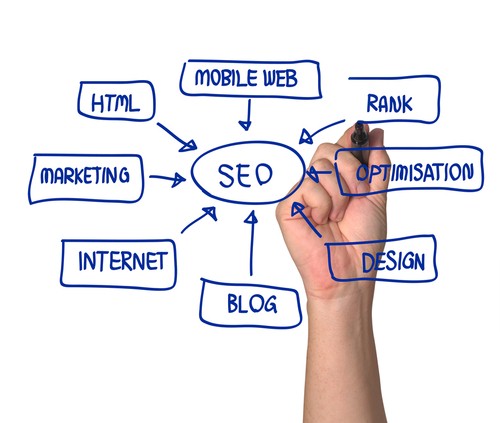In today’s digital age, implementing new technology is a standard component of managing your small business. After all, manufacturers are regularly releasing new gadgets that can streamline many basic practices so your company can reach unprecedented levels of success. Even if a device is only part of a fleeting trend, it can still help you simplify current procedures before it’s replaced with a more functional version.
You’re always going to have to upgrade your business’ hardware, and you can’t afford to skip any generation because you’re scared of change. The longer you use outdated technology, the more damage you’ll cause to productivity within your organization. Employees rely on gadgets for almost every operation, so you always need cutting-edge gear. Specifically, mobile payment processing equipment, cloud services and video conferencing are great tools that every small business owner should use.
Mobile payments
The days of bulky cash registers and point of sale terminals may be numbered due to the advent of mobile payment technology. Gene Signorini, vice president of mobile insights at Mobiquity, believes that mobile options have simplified how small businesses integrate payment processing tools with other systems.
“Mobile has really taken away the requirement that you have to build big systems and be a large company to be successful with technology. In many ways, it is easier for small businesses to adopt mobile payment programs because they don’t have a large infrastructure to work through so small businesses can jump right in,” Signorini told the American Express OPEN Forum.
Indeed, mobile may be the simplest option because owners only need to connect detachable dongles to smartphones or tablets. By adding a card reader to another device, entrepreneurs can enjoy a fully functional point of sale terminals without having to develop systems to support new gear.
In the cloud
Cloud services have become incredibly popular because they allow small business owners to access information from any location with an internet connection. For instance, an entrepreneur can start working on a budget, save it to the cloud server and then finish the project at home. Additionally, business cloud services make it incredibly easy for companies to create backup files in the event of an emergency or accidental deletion.
According to Forbes, 52 percent of small businesses already use cloud solutions. This figure indicates that entrepreneurs have realized the benefits of saving files to web-based servers instead of computers.
The biggest benefit of cloud computing is it allows employees to work remotely. Many workers want to occasionally stay home instead of coming into the office, but that wasn’t feasible when important documents were stored on company computers. Now, staff members can save all of their files to a cloud and complete their projects almost anywhere.
Video conferencing
ZDNet notes that video communication is also gaining momentum, especially because remote work has become so important to many small businesses. When employees aren’t in the same location, collaboration can be problematic because body language and visual cues are important to how people comprehend what others are trying to convey.
Video conferencing allows workers to recreate live interactions even when two people are on different continents. Businesses can use basic consumer software or find dedicated applications designed specifically for corporate meetings. Both options can be beneficial, so it’s the owner’s responsibility to decide on the best solution for his or her small business.
These three options are just a small fraction of the technology you could use to improve your business. What devices and software do you think are worthwhile?
- 5 Reasons Why Cloud Solutions are Essential for Small Business - February 4, 2024
- How to Migrate Your Business to the Cloud in 7 Steps - June 16, 2021
- How Beacon Technology is Revolutionizing Business and Marketing - March 18, 2021




